
views
Oslo: Exactly 100 people were shot, some of them up to eight times, before the gunman surrendered to police. Of the 69 people killed, 56 were shot in the head. One drowned and another fell off a cliff in desperate attempts to flee the mayhem.
The indictment unveiled on Wednesday against confessed killer and rightist extremist Anders Behring Breivik describes the horror unleashed on a political youth camp on July 22 with gruesome detail.
"Panic and mortal fear in children, youth and adults arose during the shooting, further intensified by the fact that there were limited possibilities of escape or hiding," prosecutors said in a 19-page document charging Breivik with terrorism and premeditated murder.
Breivik, 33, has confessed to the shooting massacre on Utoya island and a bombing that killed eight people in Oslo on the same day, but denies criminal guilt. In pretrial hearings, he has portrayed the victims as "traitors" for embracing immigration policies he claims will result in an Islamic colonization of Norway.
The case is unique in this small, peaceful nation, previously spared mass killings and terror attacks, and stands out also in an international context for the number of shooting victims.
"The defendant has committed extremely serious offenses on a scale that has never previously been experienced in our country in modern times," prosecutors Svein Holden and Inga Bejer Engh said in the indictment.
Breivik has been diagnosed as psychotic, and prosecutors said they would seek a sentence of compulsory psychiatric care instead of imprisonment, unless new information about his mental health emerges during the trial set to start on April 16.
In either case, Breivik could spend the rest of his life in captivity, Bejer Engh told The Associated Press.
"Regardless of the sentence, we have promised that we will do whatever we can to keep him away from society as long as the system allows us," she said.
In Norway, terror charges carry a maximum penalty of 21 years in prison, but sentences can be prolonged indefinitely for inmates deemed to pose a danger to society. Similar rules apply in psychiatric care.
The indictment traced Breivik's steps from parking a van with a 2,100-pound (950-kilogram) fertilizer bomb outside a high-rise housing the prime minister's office at 3:17 pm to his surrender to police on Utoya three hours and 18 minutes later.
"He ignited a fuse with a burn time of some seven minutes and thereafter left the scene on foot to a previously parked getaway car," the indictment said.
The eight people killed in the explosion were on the ground floor of the building or on the plaza near the van. Nine people were seriously injured. A 62-year-old man had his right leg amputated below the knee, and a 24-year-old woman was hospitalized for almost four months with a skull fracture and other injuries.
A 51-year-old woman had 27 stitches after a 12-inch-long (30-centimeter-long) wooden splint was removed from her head.
Armed with a rifle and handgun - both semiautomatic - and disguised as a police officer, Breivik then drove to Utoya, where the left-leaning Labor Party's youth wing was holding its annual summer camp.
The indictment didn't mention claims in Norwegian media that Breivik's aim was to kill leading Labor Party figures, including former Prime Minister Gro Harlem Brundtland, Foreign Minister Jonas Gahr Stoere or Eskil Pedersen, head of the party's youth wing.
Of the three, only Pedersen was present during Breivik's rampage. He escaped unharmed.
Most of those killed on Utoya were teenagers - the youngest had turned 14 five days earlier, according to the indictment. It listed the 69 victims who died by name, age and how they were killed. It also listed 33 others who were shot but survived.
Police spokesman Tore Jo Nielsen told Norwegian broadcaster NRK outside Oslo's Ila prison, where Breivik is being held, that the confessed killer had been "totally calm" when he was read the charges.
Breivik has rejected being mentally ill and his defense lawyer Geir Lippestad told Norway's TV2 that his client was "disappointed" that he was described that way in the indictment. A second psychiatric evaluation is ongoing.
Breivik also rejects the authority of the Norwegian legal system, calling it a tool of the left-leaning elites he claims have betrayed the country.
Investigators haven't found any indications to support his claims of belonging to a secret anti-Muslim resistance movement plotting to overthrow European governments and replace them with "patriotic" regimes.
Tove Selbekk, a member of a support group for those affected by the massacre, welcomed the indictment but said many survivors and families of victims are dreading the start of the trial.
"But this is something we need to go through," said Selbekk, whose daughter survived the Utoya massacre.
John Hestnes, who heads another support group, said he doesn't care whether Breivik is sent to prison or a mental institution.
"What is important is that he will never see the daylight again," Hestnes said.










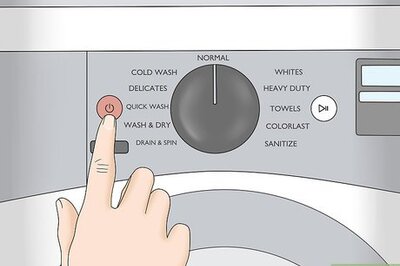

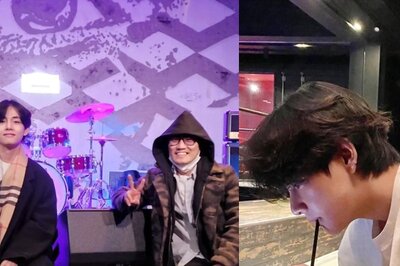


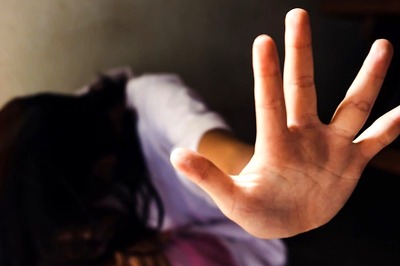
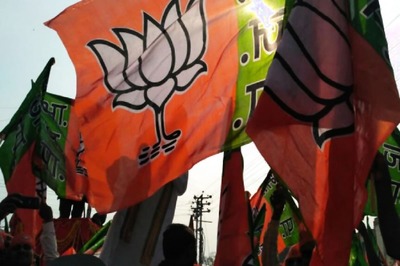
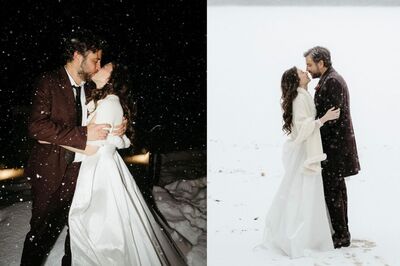
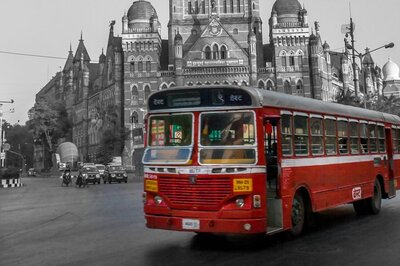

Comments
0 comment